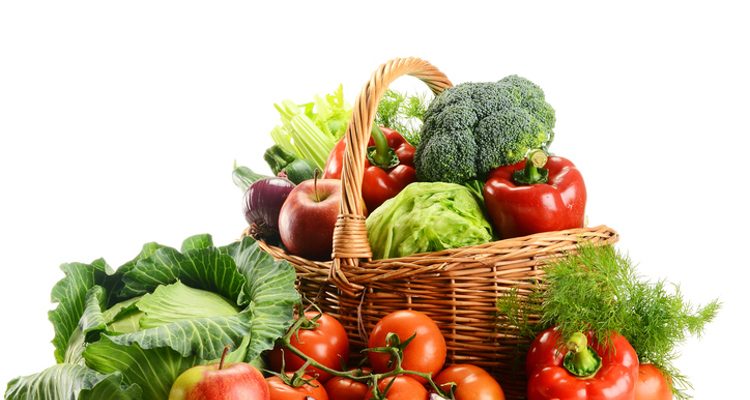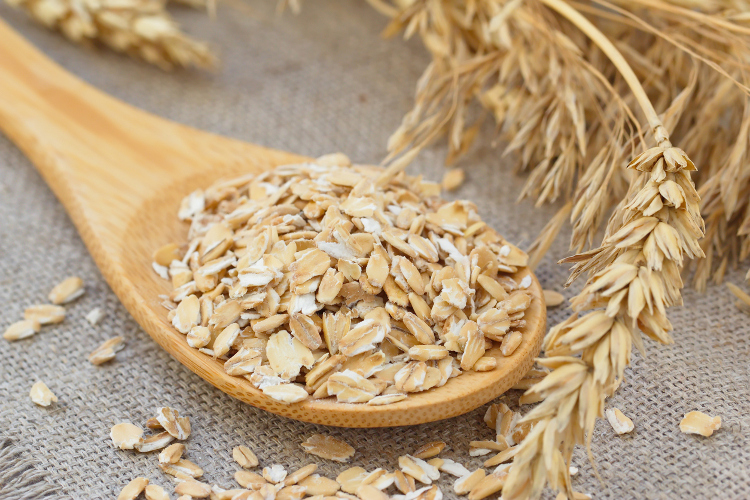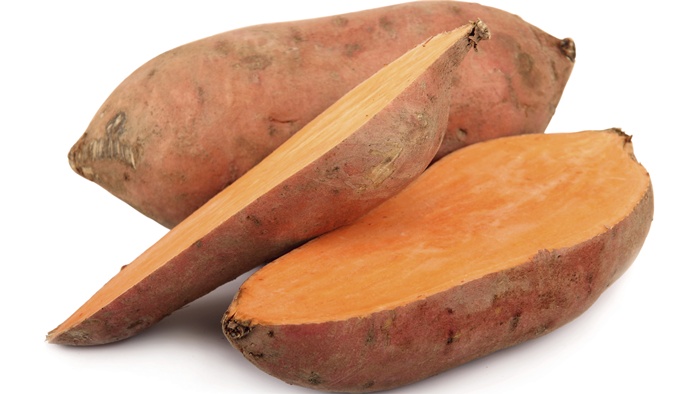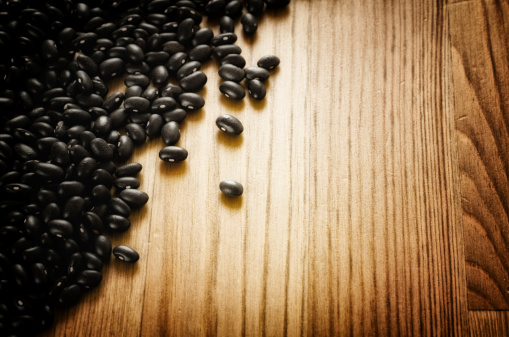
We live in an age where we are looking for any advantage we can get when it comes to weight loss and diet. Luckily, we also live in an age where there’s more information than ever about foods and their properties.
Every month there is a new discovery or a new bit of information, and because of the internet, it’s easier than ever to find these discoveries and share them with one another. For example, slow digesting carbs.
We all know what carbs are and have known for a while, but what about slow digesting carbs? Slow digesting carbs are foods that are high in nutrients and fiber. But which foods are slow carbs? What’s the difference between fast and slow carbs? Don’t worry; we’ve got all the basics for you on slow carbs.
Slow Digesting Carbs: A Quick Starter Guide
Most nutritionists classify carbohydrates into fast carbs and slow carbs. Fast carbs have a high glycemic index (GI), while slow carbs have a low glycemic index. In addition, slow carbs have a high fiber content, while fast carbs have little or no fiber.
Slow carbs are recommended by dietitians because of the time taken by the carbohydrate molecules to break down into sugar due to the high fiber content. This enables limited release of insulin, thus controlling blood sugar levels.
These foods may or may not give you enough nutrients, but they make you feel full for a long time. On the other hand, fast carbs lack fiber and hence are immediately converted into sugars, thus releasing a high amount of insulin.
Fast carbs, if eaten after an exercise or on empty stomach, can give you instant energy. However, if they are eaten in excess and without any exercise, they lead to weight gain and lifestyle diseases. Now that you have an idea of what slow digesting carbs are, let’s get to our slow digesting carbs list.
The following foods all fit the slow carbs/slow digesting foods category well.
1. Fresh Fruits
Note this does not include all fruits as many fruits are quick digesting. But there are a number of fruits that do fit the bill. Look for fruits that are high in fiber. Fruits like apples, oranges, bananas, peaches, pears, tomatoes, and plums. Stay away from tropical fruits like pineapples and papayas.
2. Non-Starchy Vegetables
Vegetables like leafy greens (kale), broccoli, carrots, celery, and cucumbers among others. Stay away from starchy vegetables like white potatoes.
3. Steel Cut Oats
Great for making oatmeal and adding a sense of fullness to your diet while still keeping with slow digesting foods.
4. Sweet Potatoes
While most potatoes are fast digesting and starchy foods, sweet potatoes are a slow digesting food.
5. Nuts/Natural Nut Butter
Nuts are slow digesting carbs and as long as it’s a natural form, nut butter is too. Processed nut butter, however, may be quick digesting so make sure to double check the carbohydrates facts on the nutritional information label.
6. Quinoa
An excellent slow digesting carb, quinoa is also very versatile in its uses.
7. Legumes
A number of legumes like peanuts are slow digesting carbs.
8. Beans
Most beans fit within the slow digesting carbs category. Beans like kidney beans, soybeans, lentils, black-eyed peas, chick peas, navy beans, and black beans. Baked beans may also fit depending on the additives and sauces used with them (scrutinize the nutritional information on the label).
It’s also worth noting that you to opt for the natural versions of the above foods. Stay away from processed juices and processed food versions of them as the processed versions may have additives and ingredients that would turn them into quick digesting carbs.
How Do Slow Digesting Carbs Benefit Your Health?
Slow digesting carbs have many benefits to your health. The biggest is that they are slow digesting. This means that when eaten, the carbohydrates from these foods are slowly turned into glucose in the body.
It also means that your body has more time to process the sugars and burn them off rather than digesting the sugars too quickly and eventually storing them as fat.
You also get the health benefits of the foods that are slow digesting. These foods tend to be high in fiber, which is not only good for digestion but also makes you feel full longer.
This can help with weight loss. These foods can also help lower the risk of diabetes as well as stabilize the glucose levels of those living with the condition.
Finally, all of the foods on the slow digesting carbs list are natural: they aren’t filled with preservatives, chemicals, and other additives. While some of these may be safe for consumption, they are faster digesting products.
But what are the actual differences between slow digesting and fast digesting carbs? Are there different health benefits and drawbacks among both? Which are better for your overall health? The answer may not be as clear-cut as you think.
Fast vs. Slow Digesting Carbs: What Is the Difference?
What are the differences between fast digesting and slow digesting carbs?
As previously discussed, slow digesting carbs are natural foods that usually have a lot of fiber and release their sugars slowly, allowing the sugars to process slowly and not be stored as fat as quickly as other foods.
Fast digesting carbs are starchy vegetables and processed foods. When the body goes to digest these foods, it digests the sugars quickly, which can be stored as fats because the body doesn’t have time to process them as fast.
White potatoes, white pasta, and white bread are a few examples. The list also tends to include a lot of heavily processed foods and fried foods.
While these foods in moderation are okay, in excess, fast carbs can lead to terrible health issues. Slow carbs tend to be healthier foods in general and have fewer issues and side effects associated them.
Of course, moderation is always a good thing. Some studies suggest that the best route is to stick to a slow carb diet for six days a week, and then use the seventh day as a cheat day where fast carbs are allowed so that your body will still digest the fast carbs at an acceptable rate.
Slow Carbs for the Win!
As you can see from the above, slow carbs can help you out in health and weight loss, but as with any diet, make sure you double check the nutritional information and what fits with you and your health goals.
Fast carbs should be avoided, but having them every once and while isn’t a bad idea to keep your metabolism able to handle the fast carbs when they enter the digestive system.
That being said, fruits and non-starchy vegetables are extremely beneficial for one’s health; however, you must always have everything in moderation because sometimes an excess of the best nutrients can also have a flip side.
Related:
- Is Oatmeal a Carb? Oatmeal Nutrition Facts
- Carbs in Sweet Potato vs White Potato: Is Sweet Potato Healthier?
- How to Make Cabbage Juice and it’s 9 Health Benefits
Sources:
Martinac, P. “A List of Slow Digesting Carbs,” Livestrong, April 20, 2015; http://www.livestrong.com/article/84650-list-slow-digestible-carbs/
Jacob, A. “List of Slow-Release Carbohydrate Foods,” SFGate; http://healthyeating.sfgate.com/list-slowrelease-carbohydrate-foods-1677.html
“Eight Facts About Carbohydrates,” Flex Online; http://www.flexonline.com/nutrition/eight-facts-about-carbohydrates
Brissette, C. “5 Slow Carb Swaps for Energy, Weight Loss and Health,” 80 Twenty Nutrition; http://www.80twentynutrition.com/5-slow-carb-swaps-for-energy-weight-loss-and-health-2/


















